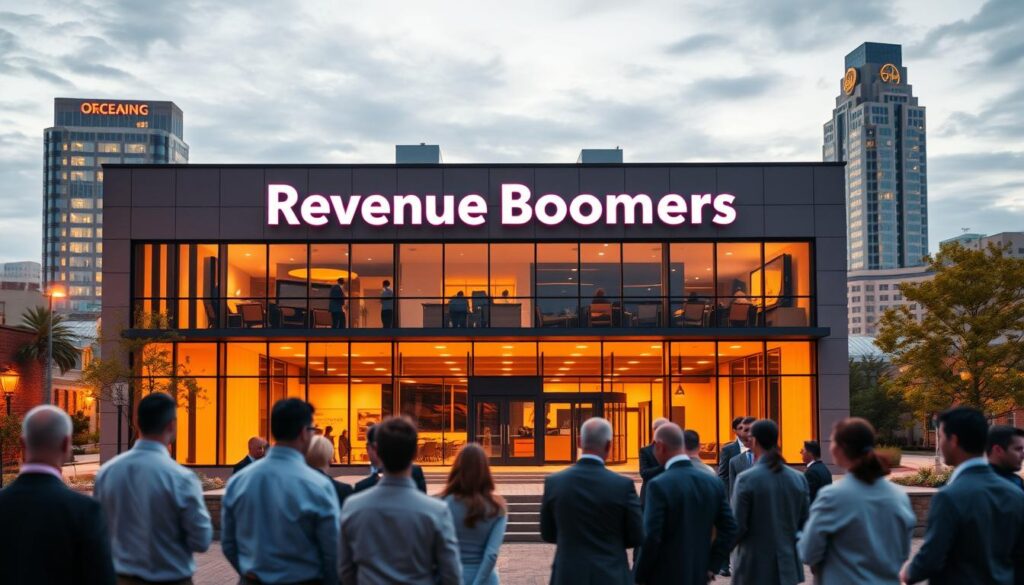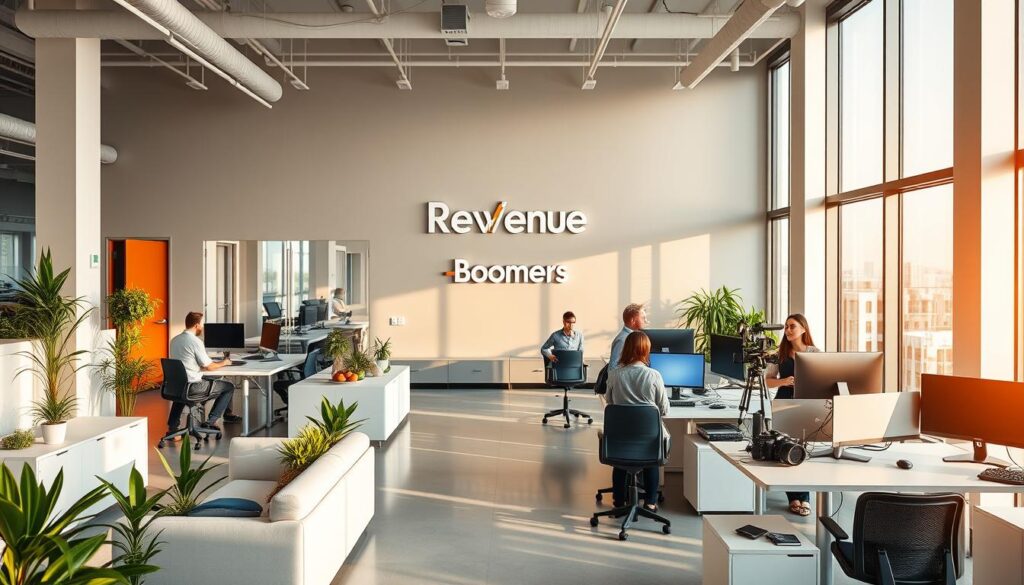Ever wondered why some psychologists get clients online easily while others don’t? In today’s world, most people look for therapists on Google. So, knowing about search engine optimization (SEO) could help your practice grow. SEO makes your clinic more visible online by improving your site’s details and user experience.
Does SEO really help psychologists? Let’s explore how it can make your therapy website a hub for attracting clients.
Key Takeaways
- Most people begin their search for a therapist on Google.
- SEO consists of three key factors: online reputation, relevant information, and site quality.
- Building a clinic’s reputation can be achieved by attracting links from trustworthy sites.
- Keyword moderation is essential for avoiding negative search engine impacts.
- Utilizing SEO can lead to sustainable client growth and improved visibility.
Understanding the Importance of SEO for Psychologists
In today’s world, having a strong online presence is key for psychologists. SEO, or Search Engine Optimization, boosts their visibility online. It makes their website rank higher in search results, drawing more visitors. For mental health pros, good SEO can make or break their practice.
What is SEO?
SEO uses many techniques to make websites more visible on search engines like Google. It includes finding the right keywords, optimizing website content, and creating content about mental health topics. For example, searching for “female therapist near me” is popular, showing how important it is to match client searches.
How SEO Enhances Visibility for Mental Health Professionals
SEO helps therapists build a strong brand that connects with their audience. Studies show 64% of therapists see SEO’s value for their work. A good online presence attracts new clients and makes them seen as experts.
Also, local SEO is very important. With 89% of therapists focusing on local strategies, having a website that works well on mobiles is key since 78% of searches are mobile. Quality content and SEO can boost rankings, leading to more client inquiries.
| SEO Benefits for Psychologists | Impact |
|---|---|
| Improved Visibility | Increases chances of being found by potential clients actively searching for services. |
| Enhanced Client Engagement | Encourages prospective clients to learn more about therapists, easing their decisions. |
| Authority Establishment | Quality content helps therapists become recognized as authorities, fostering trust. |
| Mobile Optimization | Ensures the website remains accessible and effective across mobile devices. |
| Local Strategies Implementation | Targets specific geographic areas to attract clients looking for nearby services. |
Does SEO Work for Psychologists?
In the world of psychotherapy digital marketing, many therapists are looking into SEO. They want to boost their online presence. The OC Psychology Center is a great example. They saw a huge 475% jump in top keywords in just nine months.
This shows how powerful SEO can be for therapy practices.
Case Studies of Successful SEO Implementation in Therapy Practices
Therapists who use online counseling SEO see big gains. They get more clients and keep them engaged. By using specific keywords, they stand out and reach more people.
Creating high-quality content is key to SEO. Blog posts that help and inform attract people looking for mental health services. Plus, being high in search results makes a site seem more trustworthy.
Local SEO is also important. Most people search for therapy online. So, making your Google My Business profile strong and using local keywords helps attract nearby clients.
SEO is a long-term plan. It helps therapists attract more clients while they focus on their work. For more on SEO’s benefits, check out this article on how SEO helped therapists stay ahead online.

The Key Components of Effective SEO Strategies for Therapists
SEO is key for therapists to get noticed online and find new clients. It involves finding the right keywords and making sure websites are optimized. These steps help therapists reach their audience better.
Keyword Research Tailored to Psychology
Doing deep keyword research tailored to psychology is crucial for therapists. It helps them find out what people are looking for. Tools like Google Keyword Planner help them pick the right search terms. Looking at what competitors do also helps find new opportunities.
On-Page SEO Best Practices for Therapy Websites
For on-page SEO best practices for therapy websites, focus on meta tags, header tags, and keyword-rich content. Each page should be set up to rank well in search engines. This boosts visibility. Keep an eye on keyword rankings and website traffic to see how well it’s working.
| SEO Strategy | Expected Impact |
|---|---|
| Keyword Research | Improved visibility in search results |
| Content Optimization | Increased authority and trust |
| Local SEO Techniques | Enhanced local search rankings |
| Engagement Monitoring | Lower bounce rates, higher conversions |

Exploring Local SEO Benefits for Psychologists
Local SEO is key for psychologists wanting to attract local clients. It helps them show up in search results for people looking for help nearby. By using the right strategies, therapists can get noticed more in local searches.
Optimizing for Local Search Queries
For therapists, local SEO means using location-specific keywords in their website content. Many people search for professionals close to them. So, it’s important for therapists to match their online presence with local keywords. This makes them more visible, especially in Google’s “Map Pack.”
Creating content that talks about local mental health issues can also help a lot. It makes therapists more accessible to people in their area.
Claiming and Enhancing Google My Business Listings
Claiming and improving Google My Business listings is a big step for therapists. A complete profile boosts local visibility. It’s important to fill out all sections, like services and hours, to help search engines understand your practice better.
Getting positive reviews from clients also helps. As your practice gets better in search rankings, you’ll see more local clients. For more tips, check out this guide on local SEO for psychologists.
| SEO Strategy | Description | Impact on Local Rankings |
|---|---|---|
| Keyword Optimization | Incorporating local keywords targeting specific locations or conditions. | High |
| Google My Business | Claiming and optimizing your business listing for online visibility. | Very High |
| Client Reviews | Encouraging feedback from clients to improve online reputation. | Medium |
| Localized Content | Creating blogs and articles addressing local mental health issues. | Medium to High |
| Directory Listings | Ensuring your practice is listed in relevant online directories. | Medium |
Conclusion
SEO is very helpful for psychologists, making it easier for them to be seen online. It helps them reach more people who need mental health help. Using the right keywords and making sure their website is easy to use are key steps.
Local SEO is also important. It helps psychologists find clients in their area. This makes their services more accessible to those who need them.
Using trusted sources and fast websites is crucial. Slow websites can scare people away. This can hurt your reputation and SEO rankings.
SEO can really boost your website traffic and sales. Some sites see a 150% increase in visitors. Sales can even jump by 260%.
Working with SEO experts can make a big difference. Companies like Revenue Boomers offer great services. Their prices are between $1,200 and $3,050 a month.
This investment can lead to more people visiting your site and interacting with it. For more tips on improving your online presence, check out this resource on mental health SEO.






